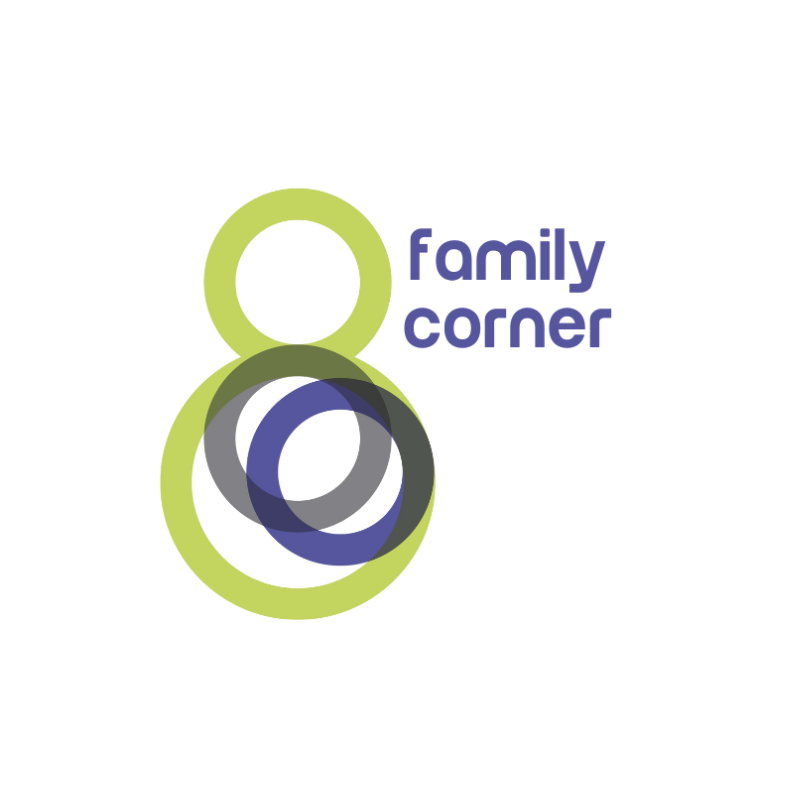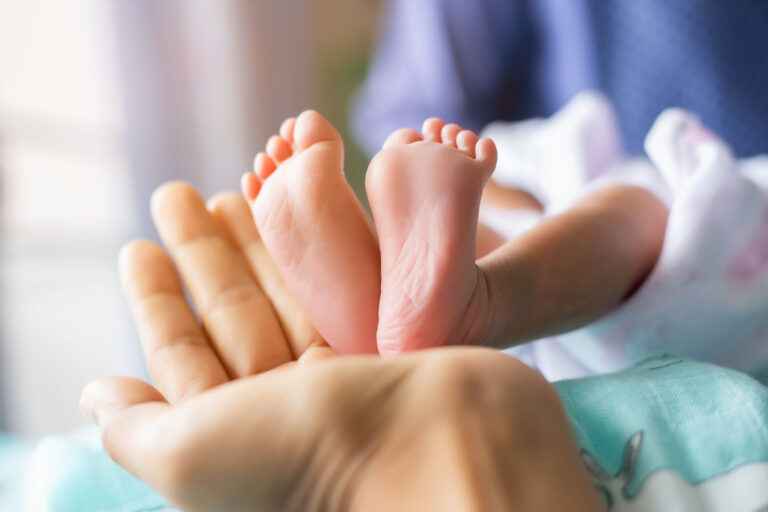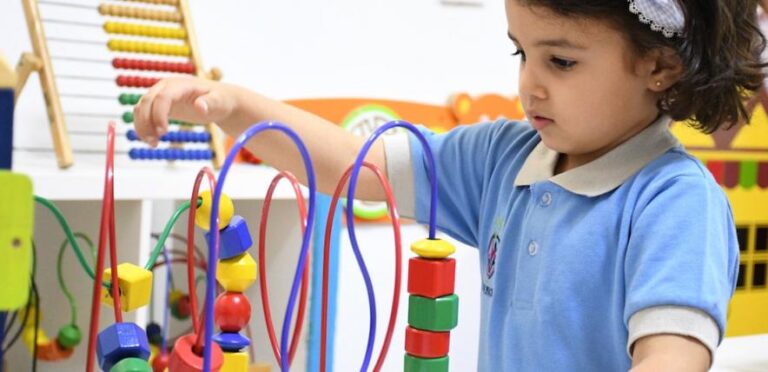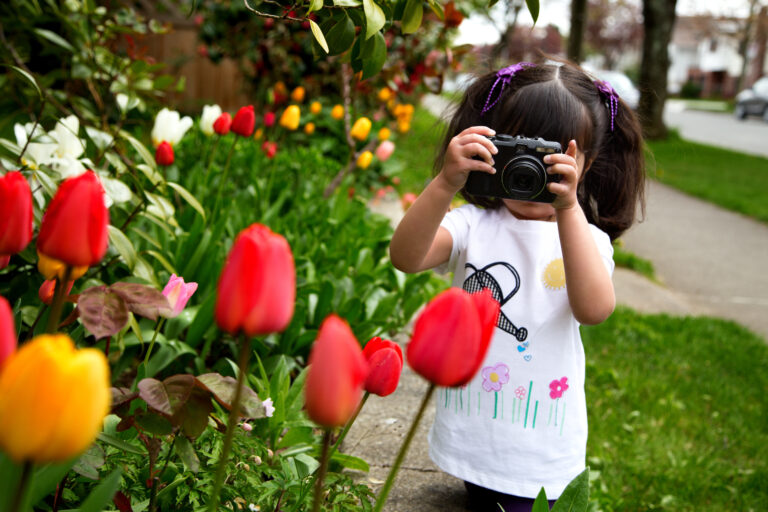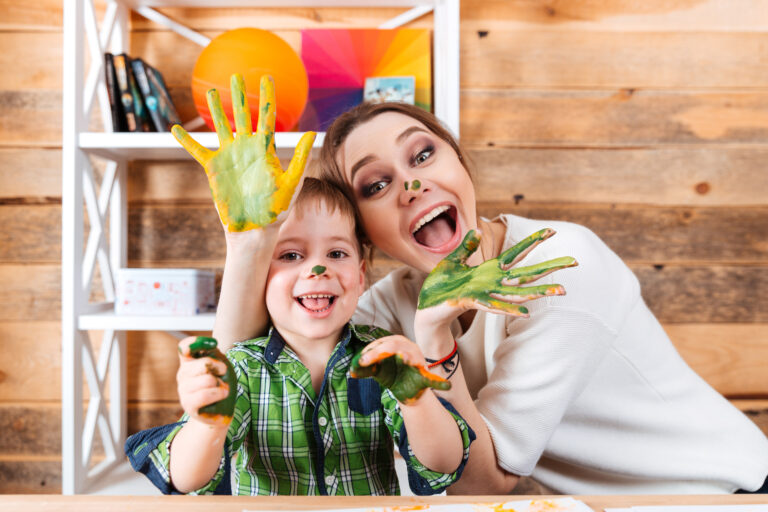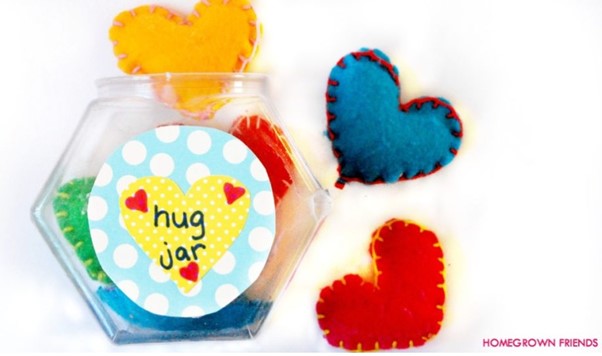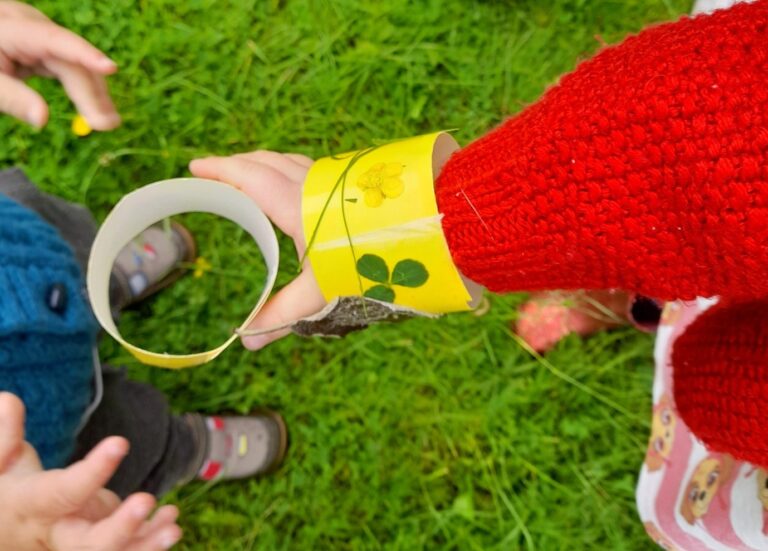This article was written by Catriona Ogilvy, founder and director at The Smallest Things.
World Prematurity Month
World Prematurity Month, marked every November, raises awareness of the impact of premature birth on babies and their families around the world. It shines a light on an often-hidden journey, raising awareness of the lasting impact of premature birth and the importance of understanding and support. As we focus on life after neonatal care, we’re reminded that for many parents and their children born prematurely, the journey doesn’t end when they bring their baby or babies home from hospital.
Nothing can quite prepare you for parenthood – but for parents of children born prematurely, the planning and expectation of a new arrival is dramatically cut short.
Each year in the UK, approximately 53,000 babies are born prematurely. That’s a lot of shocked parents suddenly thrown into the terrifying world of neonatal care – a medical world of incubators, beeping machines, breathing tubes, feeding tubes and fear. First nappy changes are done through incubator portholes, and first cuddles happen through a tangle of tubes and wires.
Catriona's story
That was me, 14 years ago, when my first son Samuel was born at 29 weeks gestation, weighing just 3 pounds. He spent nearly 8 weeks in hospital. We looked forward to the day we could bring him home, to the day we could parent without wires or alarms. What I didn’t realise then was that the journey after neonatal intensive care would last long after leaving the hospital.
The Smallest Things
The Smallest Things is a premature baby charity founded after my own experiences. A parent-led organisation, it recognises the lasting impact of premature birth and the effect the hidden world of neonatal intensive care can have on families.
While recovering from the trauma of neonatal care, parents are at much greater risk of mental health difficulties. As children born prematurely are often re-admitted to hospital, the trauma and uncertainty for families can be ongoing and frequently re-lived. Every neonatal parent has their own story, but for those who have experienced premature birth, the journey into parenthood and the lasting impact of life after neonatal care can feel reassuringly familiar.
The conflicting emotions of bringing a baby home from neonatal care can be confusing. Parents describe feelings of joy and relief, alongside fear and worry. Intrusive thoughts, flashbacks and anxiety are all extremely common, with symptoms of post-traumatic stress disorder (PTSD) thought to affect as many as 70% of parents whose babies have spent time in neonatal intensive care. Feelings of grief can also feel misplaced, yet mothers often tell us how powerful their sense of loss is for the final trimester they missed.
The journey after neonatal care can feel extremely isolating, and it’s almost impossible to understand unless you’ve lived it. That’s why it’s so important for parents of premature babies to know that their emotions and feelings are not out of place. However unwelcome, they are a completely normal response to a traumatic experience. Understanding these emotions can help parents feel less alone, and finding support through peer groups or reading the stories of others who have walked a similar path can bring comfort and connection. The Smallest Things online community through social media channels and the ‘Our Stories’ blog series offers a way to bring neonatal families together.
Parents who have experienced neonatal care deserve much more support and understanding. By speaking openly about life after premature birth, we can help break the silence, campaign for better support, and remind every parent who has walked this path that they are not alone.
Get support and information at www.thesmallestthings.org
